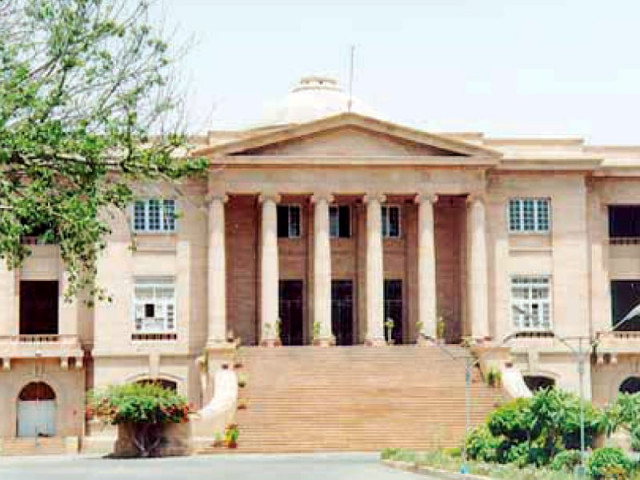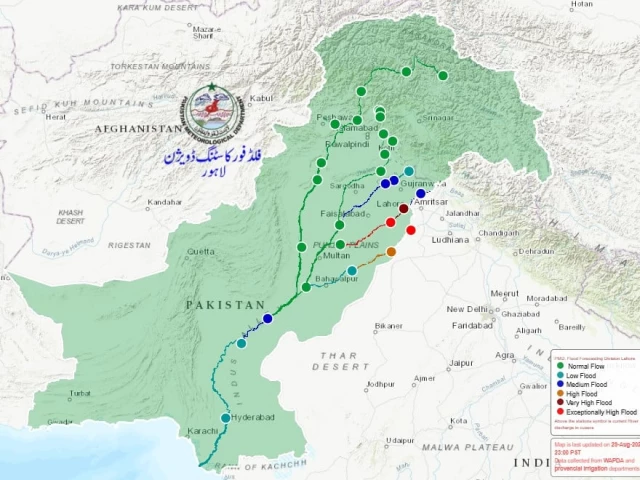Understanding the Recent Sugar Pricing Agreement in Pakistan
If you’ve been noticing fluctuations in sugar prices lately, you’re not alone. The recent announcement by the Ministry of National Food Security and Research in Pakistan revealed a new ex-mill price of Rs165 per kilogram for sugar. This decision followed some serious discussions between the government and the sugar industry and is part of a larger effort to ensure that sugar remains affordable for everyone.
So, what’s the deal? Last week, the PML-N led federal government approved the importation of 500,000 tonnes of sugar. This move is aimed at stabilizing the supply and ensuring that prices don’t spiral out of control, especially with recent reports showing retail prices jumping up to Rs210 per kilogram in places like Lahore. Yikes!
Deputy Prime Minister Ishaq Dar has been vocal about keeping retail sugar prices under control, stating that they should not exceed Rs164. He expressed concern about reports of prices hitting Rs178-179, stressing that such hikes are unacceptable. With the current situation leading to massive price discrepancies, it’s clear that action is needed to make sugar available at the official rate of Rs180. However, just a quick trip around the city shows that finding sugar at that price can be a real challenge.
The Wholesale Grocers Association Chairman, Rauf Ibrahim, has called out the government for its inaction regarding sugar mill owners and hoarders which, he argues, fuel the rising prices. With supplies disrupted in provinces like Sindh and Punjab, the market relies on stored sugar, pushing prices upward even more.
Interestingly, there seems to be a deeper issue at play here. Reports indicate that a powerful cartel of sugar mill owners might be colluding to artificially inflate prices. In the past few years, this group has leveraged government policies around exports to create a surplus under the guise of domestic stability, ultimately disadvantaging consumers.
This is not an isolated incident; historically, many mills have benefited from subsidies while exporting significant amounts of sugar. Yet, following recent IMF conditions, the government is finding it difficult to provide subsidies or to regulate minimum sugarcane prices effectively.
What can consumers take away from all this? It’s essential to stay informed about such developments, as they directly affect our wallets. Whether you’re stocking up for a special occasion or just your everyday needs, understanding these dynamics can help you navigate the market better.
Engaging with local suppliers or exploring community resources can also provide a buffer against these price fluctuations.
For more insights and discussions on current events, feel free to connect with us at Pro21st. We’re dedicated to bringing you valuable information that helps navigate everyday challenges!
At Pro21st, we believe in sharing updates that matter.
Stay connected for more real conversations, fresh insights, and 21st-century perspectives.





